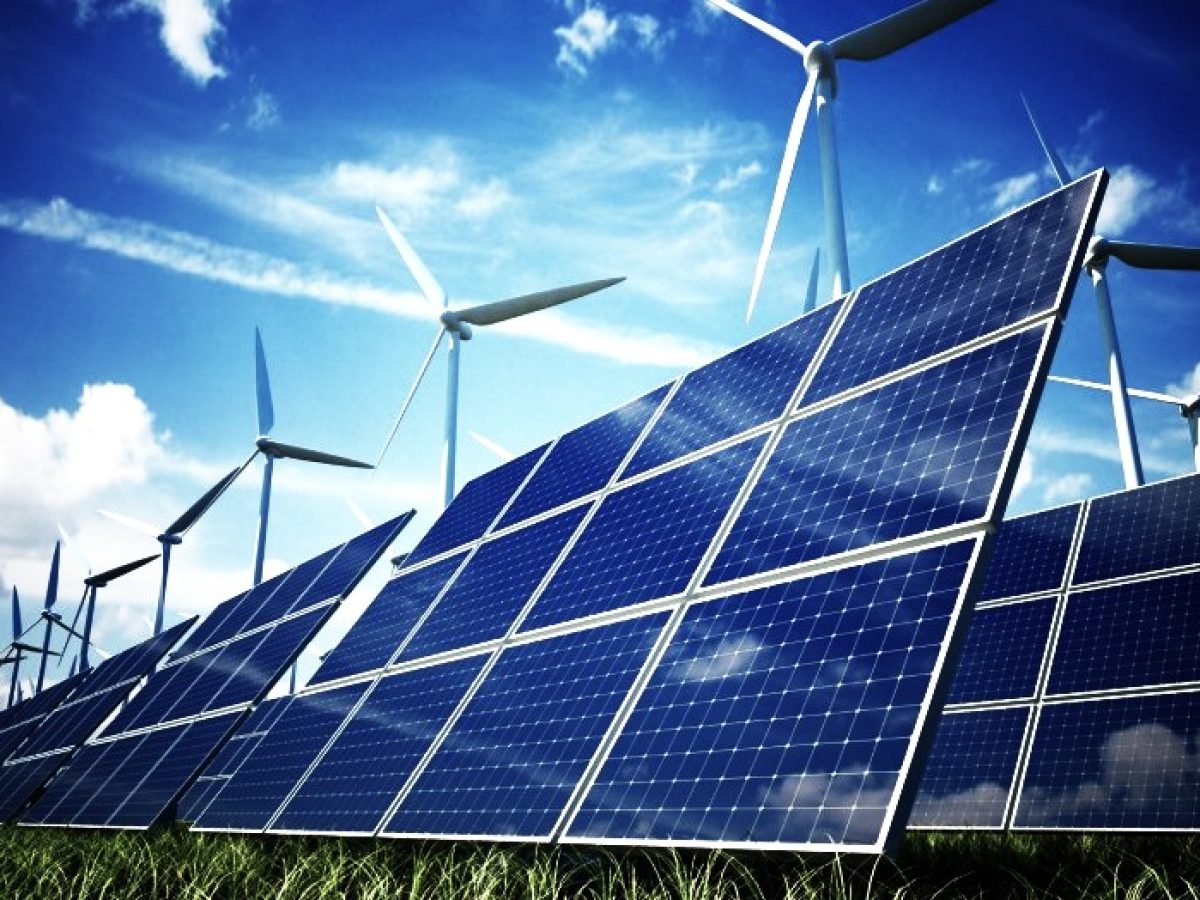Mon-Sat: 7:00 AM - 6:00 PM
San Jose CA
Mon-Sat: 7:00 AM - 6:00 PM
San Jose CA
Solar energy is a fantastic way to reduce your electricity bills and cut down on your carbon footprint. However, many people wonder what to do when the sun isn’t shining. Whether it’s nighttime, a cloudy day, or during the winter months, there are several ways to ensure you still have power even when your solar panels aren’t generating energy.
Here’s a breakdown of effective strategies to keep your home running smoothly, no matter the weather.

While solar panels are an excellent source of renewable energy, they aren’t always generating power. By using solar batteries, tapping into the grid, or incorporating backup generators, you can ensure your home remains powered regardless of the weather.
Additionally, investing in energy-efficient appliances, smart thermostats, and alternative energy sources like wind or geothermal power can help you maximize your energy use and savings. Preparing for non-sunny days is key to fully enjoying the benefits of solar energy and keeping your home running smoothly all year round.
When the sun isn’t shining, solar panels can’t generate electricity. However, you can store energy using batteries or rely on a grid connection for power.
You can store solar energy using battery storage systems. These batteries collect and store excess energy generated during sunny periods, so you have power when the sun isn’t shining.
Solar panels need sunlight to generate electricity. However, they can still produce some power on cloudy days or in low-light conditions, though less efficiently.
Solar panels work best in direct sunlight. They can still generate some power in shaded areas, but their efficiency is reduced. For optimal performance, it’s best to install panels in well-lit locations.
Kailey Air Systems Copyright © 2024 All Rights Reserved